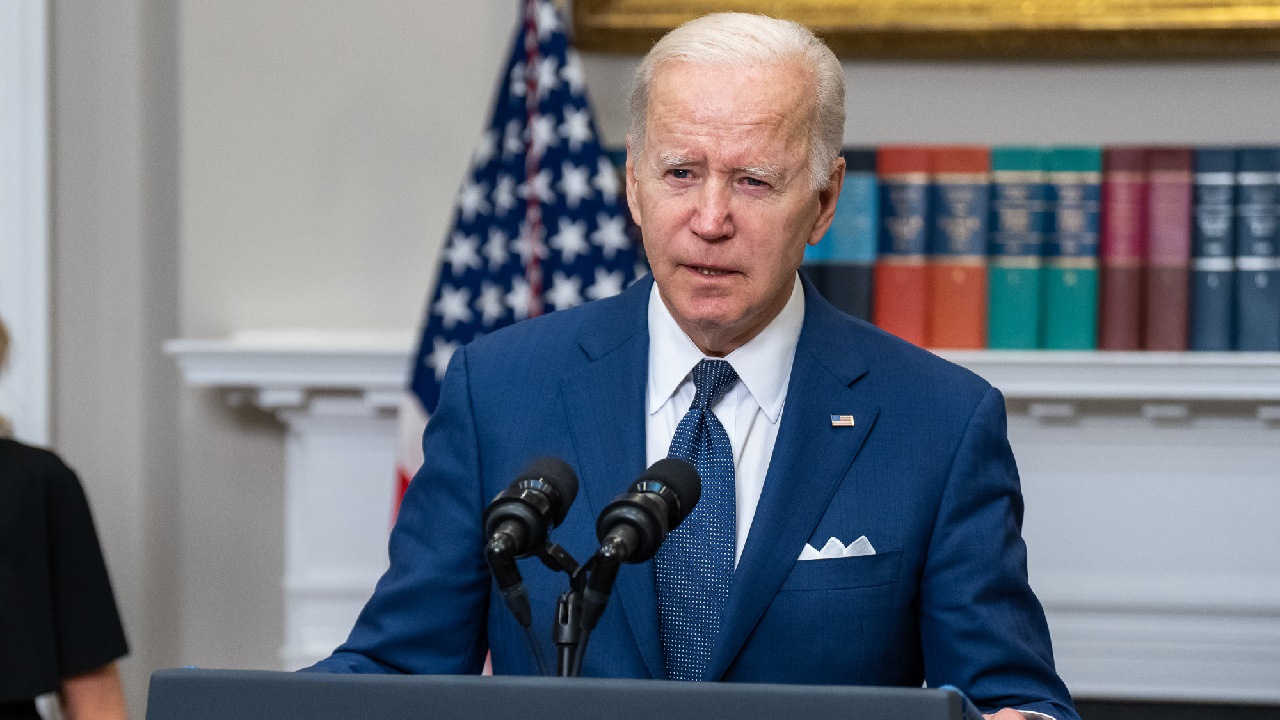Heavy fighting continues along the border between Armenia and Azerbaijan. This is but the latest round of high-intensity conflict between the neighboring nations. The last one, the 2020 Nagorno-Karabakh War, was a game-changer in Azerbaijan’s favor. It ranks as one of the most impactful wars of modern times that most people have never heard of.
Donald Trump was the U.S. president at the time. In response to the fighting, he did mostly nothing. And that was the right thing to do.
Indeed, until quite recently, there was little U.S. interest in engaging in the South Caucasus. The obstacles looked overwhelming. Across the former Soviet space, many issues bedeviled cooperation. The ongoing conflict between Armenia and Azerbaijan and the Russian occupation of Georgian territory made this a dicey arena for engagement. The collapse of Afghanistan’s government precipitated by the shambolic U.S. withdrawal in 2021 only exacerbated the difficulties.
But in the wake of the Russia-Ukraine war and Vladimir Putin’s threat to cut energy deliveries to the West, interest in engaging with the region is now growing. Americans and Europeans are reconsidering the possibility of developing a so-called middle corridor that would connect new sources and routes for oil and gas to Europe. The Southern Gas Corridor, too, has renewed interest in the Caucasus and Central Asia as potential sources of energy, global transport, and logistics, as well as potential partnerships in manufacturing and trade. The South Caucusus could also serve as a strategic buffer between Iran, China, and Russia – all the more reason to try to foster stability in the region.
Obviously, the fighting between Armenia and Azerbaijan creates only more instability. The question is: What should the U.S. and Europe do about it?
Some in Washington can’t seem to wait to wade in and take sides. Cementing her self-appointed role as global crisis ambulance chaser, House Speaker Nancy Pelosi on Sunday dispatched herself to Armenia, where she condemned Azerbaijan for what she called “illegal and deadly attacks.” Meanwhile, Rep. Adam Schiff (D-Calif.) introduced a non-binding resolution condemning Azerbaijan.
These initiatives likely have less to do with a studied conclusion about which belligerent is right or wrong and more to do with the active and aggressive lobbying effort from the Armenian diaspora in the U.S. If you have any doubt the Armenian regime and its loyal contingent here heavily lobbies for political support, just try tweeting something supportive of Azerbaijan. You’ll be assailed by more trolls than ever appeared in The Lord of Rings.
To be honest, this is not a white hat/black hat conflict. Let’s go back to the 2020 Nagorno-Karabakh War. When the fighting stopped, Azerbaijan had retaken much of the territory that Armenia had captured and held for decades.
I recently visited the liberated lands and found that all the Armenians had sowed in decades of occupation were millions of landmines. They left most of the region looking like the remnants of Carthage. The Azeris have pledged to rebuild. They have already made significant investments, clearing mines, building roads and airports, and setting conditions for hundreds of thousands of people to return to their homeland.
Nor is Armenia as bad as some would paint it. It is not a puppet state of Putin’s Russia, as some have claimed, although that is not far from the truth. Armenia hosts thousands of Russian soldiers and at least two Russian military bases. When Russia invaded Ukraine this year, Armenia did nothing. The Armenian regime is also a firm friend of the Iranians. So, just to recap, Pelosi rushed to console and comfort a close ally of both Russia and Iran. Interesting.
In contrast, following the Russian invasion, Azerbaijan opened up its natural gas supplies to Europe through the southern gas corridor. Those supplies will help get Europe through the tough winter ahead. The Azeris have done nothing to help the Russians. They keep the Iranians at arm’s length. And they have been wary of Chinese investments.
From the Western perspective, Azerbaijan is increasingly important for the long-term stability of the region. So, what’s the best way forward to end this destabilizing war?
At this point, it is not clear the Armenians have that much fight in them. The Armenian domestic scene is a disaster, and its biggest supporters – their Russian overlords – are a tad busy elsewhere. But admitting defeat would further undermine an already dreadful regime. The fighting will never stop until Yerevan and Baku reach a formal joint agreement to stop it.
In 1992, the Conference on Security and Cooperation in Europe, now the Organization for Security and Co-operation in Europe, created the Minsk Process “to find a peaceful solution to the Nagorno-Karabakh conflict.” Co-chaired by France, Russia, and the United States, the process has achieved little in the last three decades. With Putin now a global outcast, it is time to declare the process as dead as the 2014 Minsk Agreements, which were supposed to settle the dispute between Ukraine and Russia over Donbas.
The Azerbaijani ambassador to the UN called for an end to fighting and direct negotiations between the two parties. This seems the appropriate way forward. The Minsk process is dead, and the U.S. should abandon efforts to revive it.
Rather, U.S. political leaders should rethink the wisdom of inserting themselves in the conflict. Here, less is more. The U.S. should stand by, calling for a bilateral negotiated settlement that delivers a cease-fire and respects the territorial integrity of every state in the region.
Meanwhile, the U.S. should increase engagement in the South Caucasus, particularly with Georgia and Azerbaijan. Washington should look to increase security cooperation with both, as well as continue providing support for demining efforts in the region.
Expert Biography: Dr. James Jay Carafano, a leading expert in national security and foreign policy challenges, is the vice president of Heritage’s Kathryn and Shelby Cullom Davis Institute for National Security and Foreign Policy and the E. W. Richardson Fellow. Carafano is also a 19FortyFive Contributing Editor.

